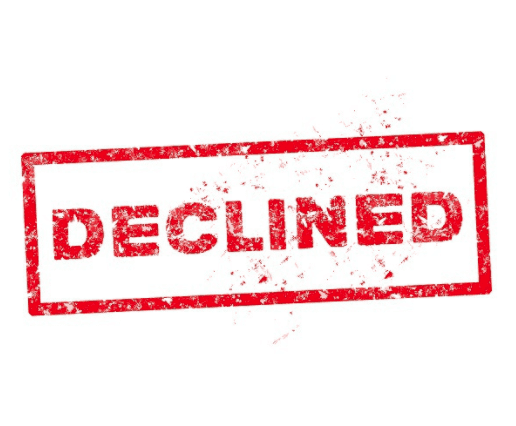It can be quite a shock to arrive at the checkout lane and find out your debit card has been declined. This may be confusing, considering you just made a deposit and knew exactly how much you had to pay for groceries, prescriptions, or whatever was needed at the time. The situation probably seemed even more dire when you realized a creditor froze your bank accounts due to a judgment. While you may have heard horror stories about the IRS freezing accounts and taking property—or perhaps you have experienced it firsthand already—creditors also have this power over your finances after a judgment has been granted, along with the ability to begin garnishing your wages.
Your problem began once payments went delinquent and the creditor or debt collection agency followed through on their threat to sue. While you may have felt worry about credit-card debt and disruption from the constant calls by debt collectors previously, with a default judgment the entire situation can be taken up a notch (or two) if you have income, accounts, or property for the creditor to take.
Finding out your wages are going to be garnished can be an anxiety-inducing shock, not to mention an embarrassment as now your boss and the accounting department at work are all in the know about your financial problems. Having your bank account(s) frozen is much worse though as you will be unable to extricate funds until the debt has been paid to the creditor by your bank—and if you owe more than is in the checking account this means not only are you without money (and this is doubly bad if it happens on a Friday) but you may find yourself completely wiped out. Depending on the latest activity in your checking account, you may find the situation at hand wreaking serious havoc too on checks that are out, and bills that must be paid immediately like car insurance, the phone bill, or utilities, and more.
The creditor can—and most likely will—come back and repeat the process all over again if your debt was not satisfied in the first round. As soon as you find out about the levy, contact an experienced judgment attorney regarding your options. You may have time to settle with the creditor or file bankruptcy to lift the levy and discontinue further collections activity due to the automatic stay. This injunction halts most creditors from attempting to collect on debts throughout the bankruptcy, although some secured creditors may be able to petition the court to have the automatic stay lifted for varying reasons.

The attorneys at Fitzgerald & Campbell, APLC have decades of experience in serving clients as they navigate through challenging financial situations, to include creditor lawsuits, judgments, bankruptcy and more. Let us review your case and discuss what would work best for you. We are here to help! Call us today for a free consultation at (844) 431-3851, or email us at info@debtorprotectors.com.

